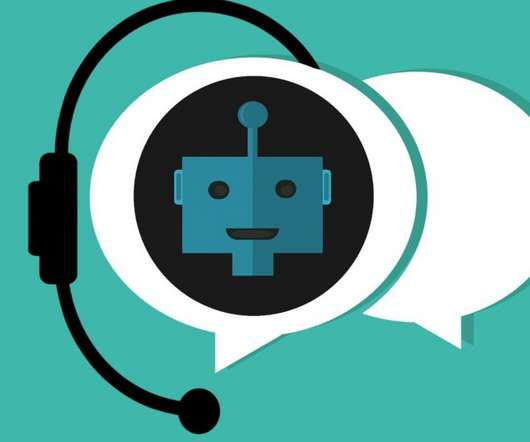What 5 chatbots tell us about the future of HE
Neo LMS
OCTOBER 1, 2020
However, voice-assisted technology isn’t the only one making a splash in universities; text-based communication is also a big hit. It’s no secret that younger generations prefer text-based communication and they expect to find accurate information whenever and wherever they might be. That was back in 2016 when professor Ashok K.
















Let's personalize your content